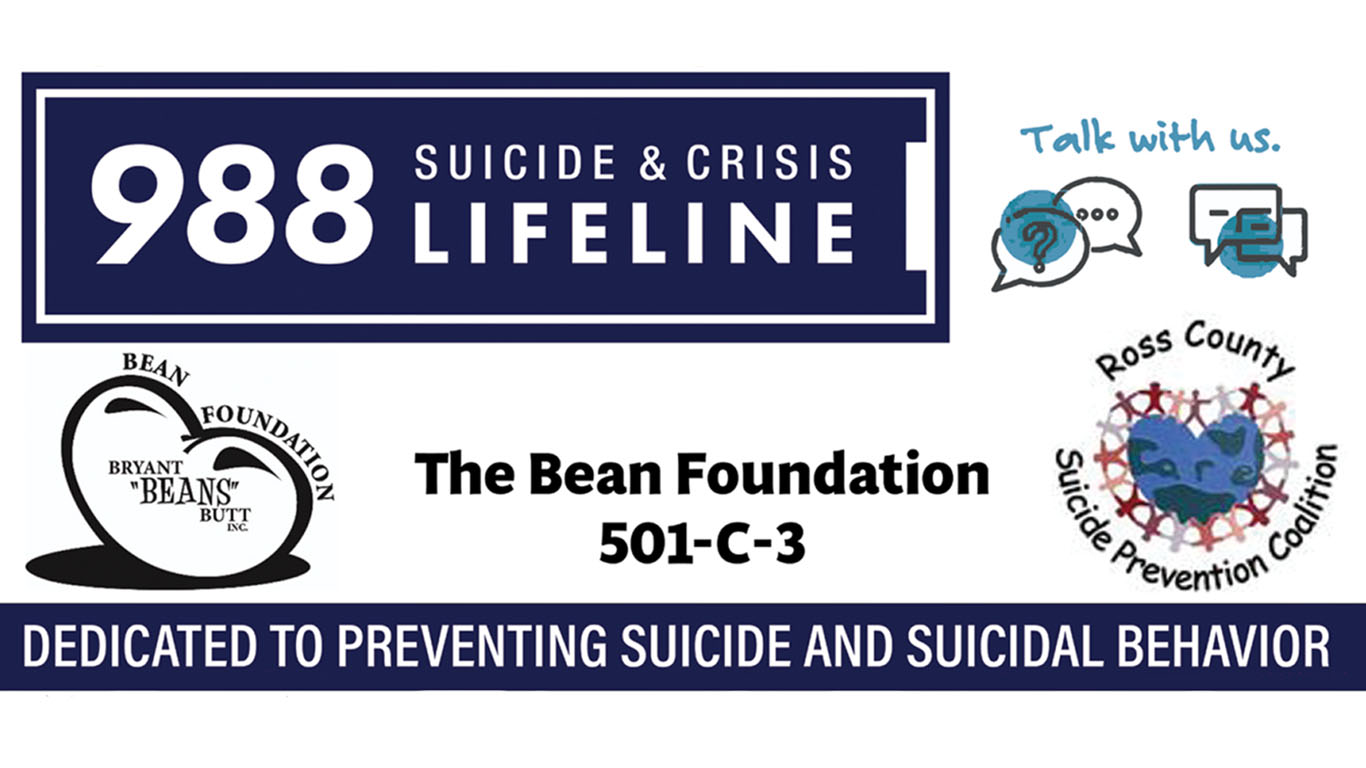
Help To Manage Seasonal Affective Disorder
Article Presented By Chillicothe VAMC
Mental health includes emotional, psychological, and social well-being. It affects how we think, feel, act, make choices, and relate to others. Mental health is more than the absence of a mental illness—it’s essential to your overall health and quality of life. Self-care can play a role in maintaining your mental health and help support your treatment and recovery if you have a mental illness.
About Self-Care
Self-care means taking the time to do things that help you live well and improve both your physical health and mental health. When it comes to your mental health, self-care can help you manage stress, lower your risk of illness, and increase your energy. Even small acts of self-care in your daily life can have a big impact.
Here are some tips to help you get started with self-care:
- Get regular exercise. Just 30 minutes of walking every day can help boost your mood and improve your health. Small amounts of exercise add up, so don’t be discouraged if you can’t do 30 minutes at one time.
- Eat healthy, regular meals and stay hydrated. A balanced diet and plenty of water can improve your energy and focus throughout the day. Also, limit caffeinated beverages such as soft drinks or coffee.
- Make sleep a priority. Stick to a schedule, and make sure you’re getting enough sleep. Blue light from devices and screens can make it harder to fall asleep, so reduce blue light exposure from your phone or computer before bedtime.
- Try a relaxing activity. Explore relaxation or wellness programs or apps, which may incorporate meditation, muscle relaxation, or breathing exercises. Schedule regular times for these and other healthy activities you enjoy such as journaling.
- Set goals and priorities. Decide what must get done now and what can wait. Learn to say “no” to new tasks if you start to feel like you’re taking on too much. Try to be mindful of what you have accomplished at the end of the day, not what you have been unable to do.
- Practice gratitude. Remind yourself daily of things you are grateful for. Be specific. Write them down at night, or replay them in your mind.
- Focus on positivity. Identify and challenge your negative and unhelpful thoughts.
- Stay connected. Reach out to your friends or family members who can provide emotional support and practical help.
Self-care looks different for everyone, and it is important to find what you need and enjoy. It may take trial and error to discover what works best for you. In addition, although self-care is not a cure for mental illnesses, understanding what causes or triggers your mild symptoms and what coping techniques work for you can help manage your mental health.
For other ideas for healthy practices for your mind, body, surroundings, and relationships, see the National Institutes of Health (NIH) Wellness Toolkits.
When to Seek Professional Help
Seek professional help if you are experiencing severe or distressing symptoms that have lasted two weeks or more, such as:
- Difficulty sleeping
- Appetite changes that result in unwanted weight changes
- Struggling to get out of bed in the morning because of mood
- Difficulty concentrating
- Loss of interest in things you usually find enjoyable
- Inability to perform usual daily functions and responsibilities
Don’t wait until your symptoms are overwhelming. Talk about your concerns with your primary care provider, who can refer you to a mental health specialist if needed. If you don’t know where to start, read the National Institute of Mental Health (NIMH) Tips for Talking With a Health Care Provider About Your Mental Health. Learn more about how to get help or find a provider on the NIMH’s Help for Mental Illnesses webpage.
What to Do in a Crisis
If you are thinking about harming yourself or attempting suicide, tell someone who can help right away or dial 911 in an emergency. You can also call or text the 988 Suicide & Crisis Lifeline at 988 or chat at 988lifeline.org, or contact the Crisis Text Line (text HELLO to 741741). Both services provide 24-hour, confidential support to anyone in suicidal crisis or emotional distress. Contact social media outlets directly if you are concerned about a friend’s social media updates.
For additional information about suicide prevention, please see NIMH’s Suicide Prevention webpage.




























